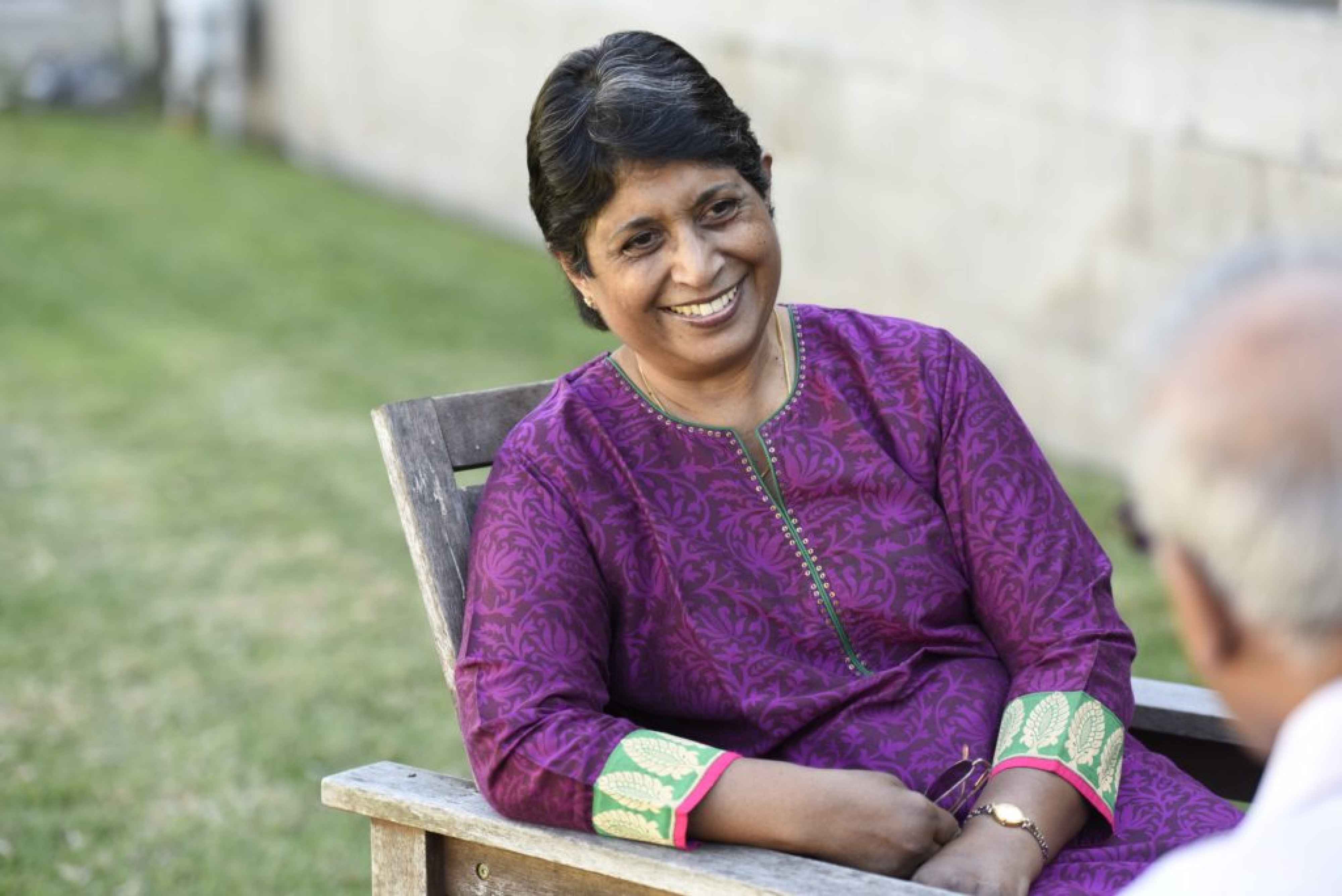
Frightened and sometimes shamed by the open wounds and misery of people with advanced stages of cancer and other diseases, rural village people of northern India have tended to leave them isolated in huts.
These people spend the last months or years of their life with little help, social opportunity or regard. The final stages of life for rural poor people in northern India were largely invisible until Dr Ann Thyle (GradCertHlth ’11) decided to examine how palliative care was managed in rural areas.
“There is a lot of stigma attached to cancer, mainly because people present at a very late stage, with large open wounds – so they are hidden away,” Dr Thyle said.
“It was only after we conducted a health survey in 267 villages that we found it was commonplace for people to be hidden away while they were dying.”
The discovery set Dr Thyle on a new mission to establish palliative care services in rural areas of northern India. Searching for a course online, she found the Flinders University postgraduate diploma course in palliative care and enrolled.
While studying, Dr Thyle was so enthusiastic about her new vocation that she established the first palliative care centre in Uttar Pradesh – a state of more than 200 million people.
Now Director of Palliative Care with the Emmanuel Hospital Association, an organisation dedicated to delivering health care to India’s rural poor, she has established eight palliative care services across northern India and a team of medical staff trained to deliver palliative care to the rural poor.
“Our program has had a huge impact in the villages where we have delivered services, because people have understood that these people can be cared for, they can be hugged without danger of disease, and they have a right to treatment,” Dr Thyle said.

